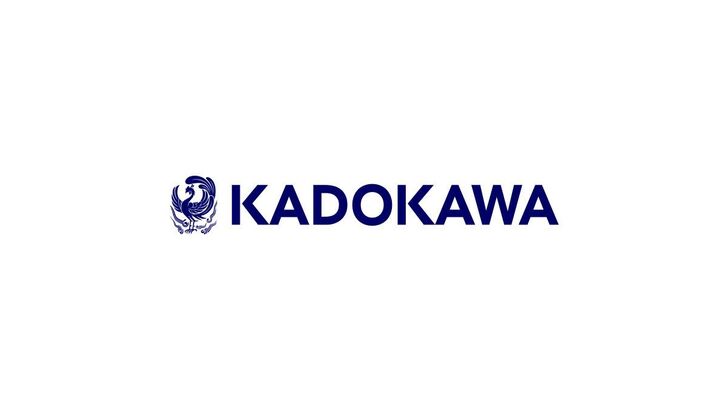
Sony's proposed acquisition of Kadokawa has sparked a wave of optimism among Kadokawa employees, despite potential losses in autonomy. This article explores the reasons behind their positive outlook and the broader implications of this significant deal.
Analyst: A Better Deal for Sony

Sony's confirmed interest in acquiring Kadokawa, while still under negotiation, has generated mixed reactions. Economic analyst Takahiro Suzuki, as reported by Weekly Bunshun, suggests the acquisition benefits Sony more than Kadokawa. Suzuki highlights Sony's shift towards entertainment, contrasting its relative weakness in IP creation with Kadokawa's extensive portfolio, including titles like Oshi no Ko, Dungeon Meshi, and Elden Ring. This acquisition, therefore, presents Sony with a strategic opportunity to bolster its content holdings.
However, this move would place Kadokawa under Sony's direct control, potentially curtailing its operational independence. As Automaton West translates, concerns exist regarding stricter management and potential limitations on creative freedom, especially for projects not directly contributing to IP development.
Kadokawa Employees Welcome the Change

Despite the potential drawbacks, the prevailing sentiment among Kadokawa employees appears to be one of approval. Weekly Bunshun interviews reveal a largely positive response to the prospect of a Sony takeover, with many expressing a preference for Sony over the current leadership.
This positive reception stems partly from dissatisfaction with the current Natsuno administration, particularly its handling of a significant data breach earlier this year. A veteran employee highlighted the widespread relief at the potential for a change in leadership, citing the lack of a press conference following the BlackSuit hacking incident, which compromised vast amounts of internal data, including employee personal information, as a major source of discontent.
The June cyberattack by the BlackSuit hacking group, resulting in the theft of over 1.5 terabytes of data, exposed significant vulnerabilities in Kadokawa's security and highlighted perceived shortcomings in the company's crisis management under President and CEO Takeshi Natsuno.
 Home
Home  Navigation
Navigation






 Latest Articles
Latest Articles










 Latest Games
Latest Games












